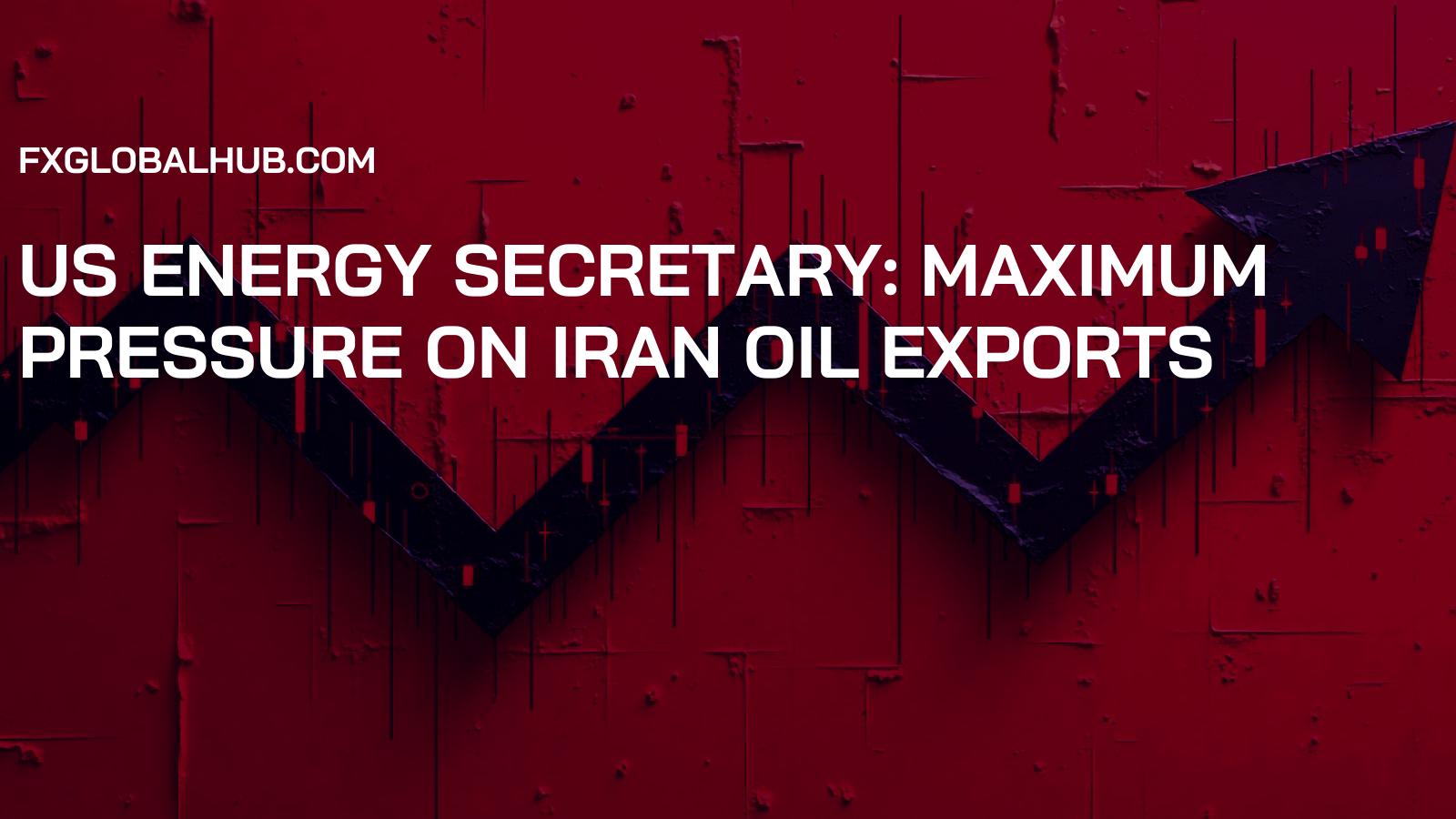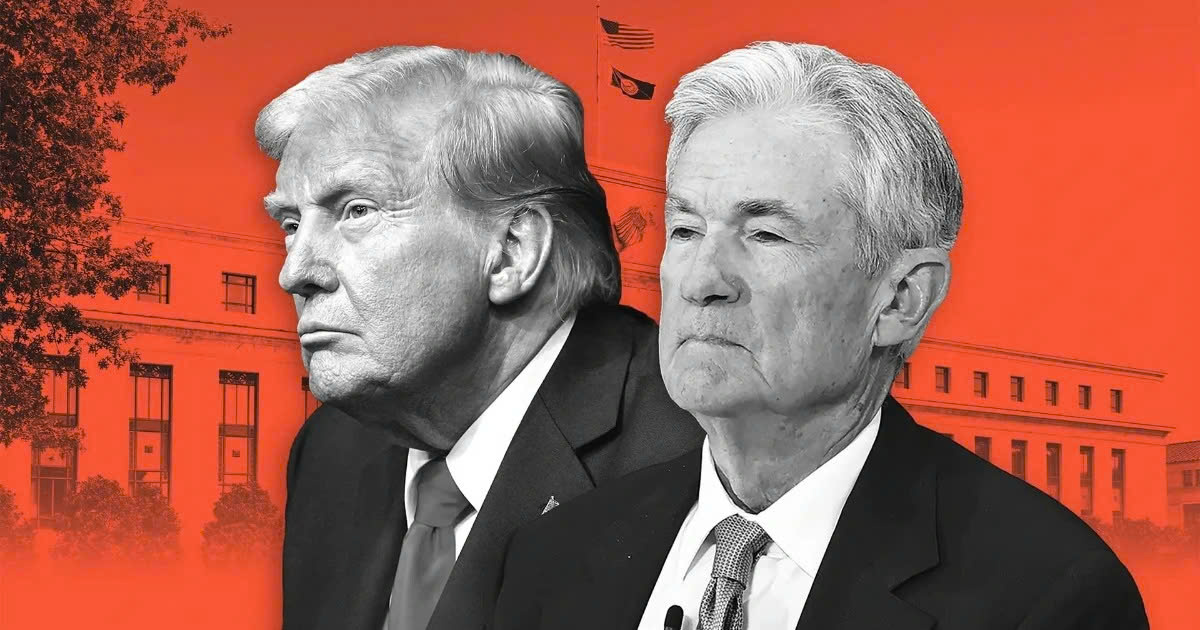FxGlobalHub: US Energy Secretary: Maximum Pressure on Iran Oil Exports
Updated: 2025/04/11 18:17:21
US Energy Secretary vows to maintain maximum pressure on Iran to curb oil exports. Analysis of the potential impact on global energy markets and oil prices.

Maximum Pressure on Iranian Oil Exports
The US Energy Secretary recently made a strong statement regarding continued pressure on Iran to prevent its oil exports. While specific measures were not disclosed, the message is clear: the US administration will maintain and intensify efforts to restrict Iran's oil revenue.
Statement by the US Energy Secretary
"I won't talk about the specifics of ways to stop Iranian oil exports, but we can put 100% pressure on Iran," the US Energy Secretary said. This statement underscores the US commitment to using every available tool to limit Iran's financial capabilities, particularly revenue from oil exports.
Impact on Energy Markets
Tightening Iran's oil exports could have significant effects on the global energy market. Iran is a major oil producer, and reducing its supply could drive up oil prices. This is especially true in a market already under pressure from other geopolitical and economic factors.
Oil Price and Inflation Analysis
Rising oil prices can lead to increased inflation, affecting the cost of living for individuals and business operations. Oil-importing countries will be more severely affected, while oil-exporting countries may benefit from higher prices. However, excessively high oil prices can also trigger a global economic recession.
Support Measures and Market Stabilization
To mitigate the negative impacts of tightening Iran's oil exports, countries need to coordinate to increase oil supplies from other sources and promote alternative energy solutions. Measures to support individuals and businesses also need to be implemented to reduce the burden of inflation.
Comparison with the Prior Year
Compared to the same period last year, Iran's oil exports have decreased significantly due to US sanctions. This has contributed to higher global oil prices and caused difficulties for the Iranian economy. However, Iran has also found ways to circumvent sanctions to maintain some oil exports, mainly to Asian countries.
Definition of Financial Terms
Oil Exports: The sale of crude oil and petroleum products abroad.
Inflation: The sustained increase in the general price level of goods and services in an economy over a period of time.
Economic Sanctions: Trade, investment, and financial restrictions imposed by one country or international body on another to compel a change in policy.
Daily news: Trump intensifies conflict with FED over interest rates, accuses Powell of "Playing politics"
2025/04/18 10:31:03

US Stocks Rise: What's Next for Gold & Forex?
2025/04/18 01:27:19

Trump's Mineral Deal: Gold & Forex Markets Brace for Impact!
2025/04/18 00:54:04

US Oil Rig Count Creeps Up: Is Gold & Forex About to Rumble?
2025/04/18 00:02:06

US Oil Rig Count: Will Gold & Forex Markets React in the Next 10 Minutes?
2025/04/17 23:50:39

EU Trade War Threat: Will Gold & Forex Markets Explode?
2025/04/17 23:46:16

US Stocks Rebound: Gold & Forex Under Pressure? Expert Analysis Inside!
2025/04/17 23:31:59

USD/CHF Surges 1%: Analyzing the Market Impact & Expert Insights
2025/04/17 23:11:28
